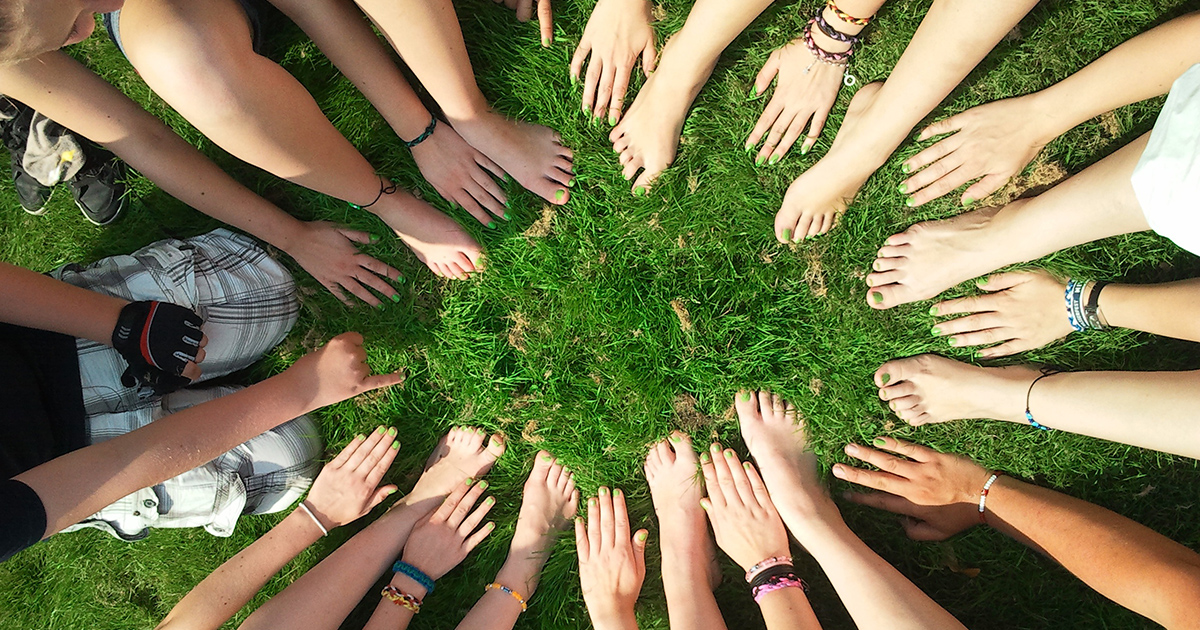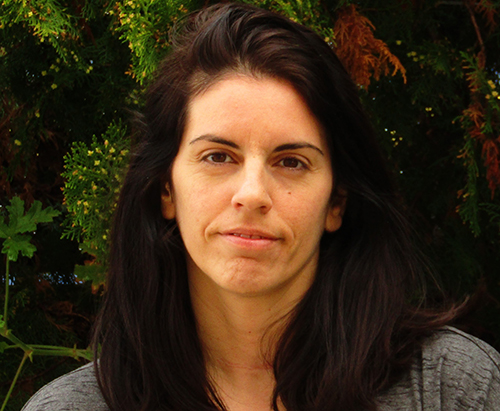GAZE
★ ★ ★ ★
REACH OUT. SHARE.

By Irena Ioannou
Recently, while searching online, I came across the Women Who Submit (WWS) initiative. I was drawn by the title and looking further I read in their manifesto that they are seeking to “empower women writers to submit their work to literary magazines for publication”. My first question was, don’t we? Women? Submit? Why the need for such an initiative?
Reading further, I found out that they launch submission parties, open to all women writers where they encourage women to submit and share information. And what triggered their first submission party was the response they got from editors they questioned about why female writers are underrepresented in prestigious literary journals. Editors claimed that women writers don’t submit as often as men do. Taking their word to heart, the co-founders of Women Who Submit decided to do something about it. So simple. To act instead of talk about it. And not allow for excuses.
Once you realize that information is power, what’s left is a plan of how to share it. And Women Who Submit decided to reach out instead of keeping the information they possessed hidden. They meet up in private homes, build strong communities and share resources. They celebrate each other’s successes, soothe each other’s worries and give advice when things go wrong. Above all, they set goals and talk submission strategies. And judging from the way their meetings have multiplied and thrived, they are doing something right.
Women Who Submit are not the only ones who have viewed the submission process as their own social action to tackle the silencing of women in the literary world. Because in the end, what’s left is whose story gets told. The only one heard is the only believed. The one making history.
Other successful writers have also stepped forward to share their experiences in the submission process and to warn against mistakes women can avoid. Usually they all agree that what women should do is to both believe in themselves and reach out more.
****
Of course in some parts of the world the most urgent problem is neither to find time to write nor to get published in a prestigious literary magazine. Some time ago, I liked the Facebook page Bring Our Girls Back. The page was made in an effort to spread the word around that 230 school girls were kidnapped by the terrorist group Boko Haram in Nigeria in 2014 (Oh, my God! Has it been so long?). The creators of the page rightly thought that sometimes what such cases need is exposure. Only through exposure and pressure can authorities with limited resources be forced to prioritize certain cases. Because time passes and people forget. And we all live in our own little bubbles.
Much has been said about the negative effects of social media, but they have also proven to be a valuable tool in terms of getting the word out and rallying people around a common cause. In the case of the kidnapped girls, the founders of the initiative reminded the rest of the world that something like that could happen to anyone. It could be your daughter, they so eloquently put it. Help. Share.
And every time an update pops up online that many of the girls are still missing, three years after their kidnapping, I, at least, feel angrier and angrier. We know what happened and we know who did it. We have sent people to the moon and we have launched satellites to monitor everything. For God’s sake, what’s taking them so long?
In the past days, supporters of the kidnapped girls were invited to the White House. That’s a sign of how much we can do if we stay united and look after each other. Because similar crimes take place too often around the earth and without exposure and a strong supportive system they don’t even make the morning news.
****
So, how can we help other women? A small step every day is all it takes. By reaching out and sharing. All of us have some knowledge to share. It is not only writing advice and acts of crime that require our immediate attention.
I, for instance, work as a firefighter. When school girls come to visit the fire department, I show them around the Fire House: the bunks we sleep on, the kitchen we all sit and eat at, like a family. I encourage them to put my helmet on. I show them the uniform we wear; the uniform that protects us. I then hand them a hose to hold and let them figure out on their own how it works and if it is heavy or not (it isn’t). But most importantly, I talk to them excitedly about how they will feel when helping others.
I tell them they can be anything they want in life. Anything.

Irena Ioannou writes from Crete, Greece and her work has recently appeared or is forthcoming in the Mortar Magazine, The Wild Word, S/tick, Literary Mama, Eyedrum Periodically, and Shipwrights.
























Trackbacks/Pingbacks